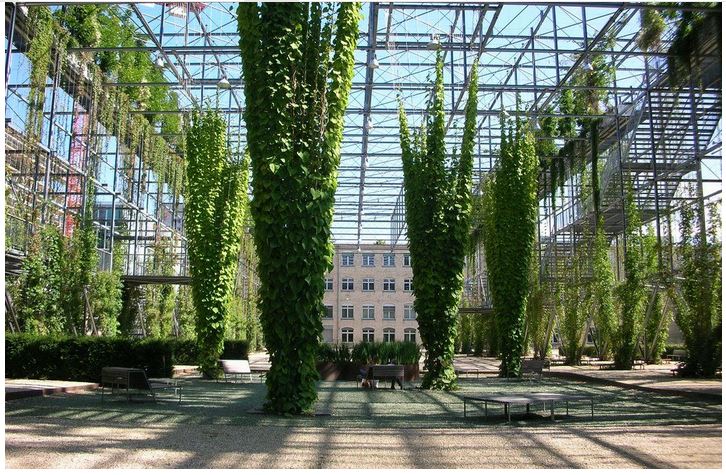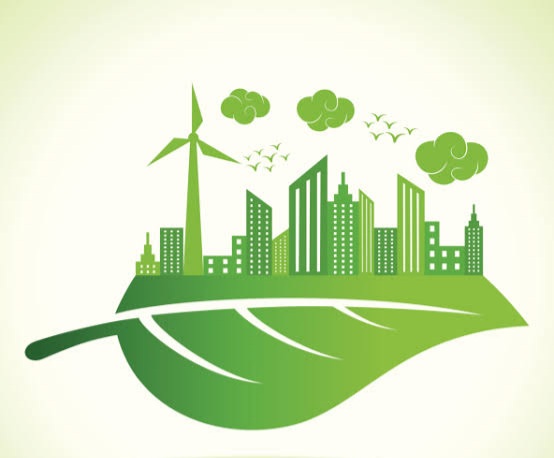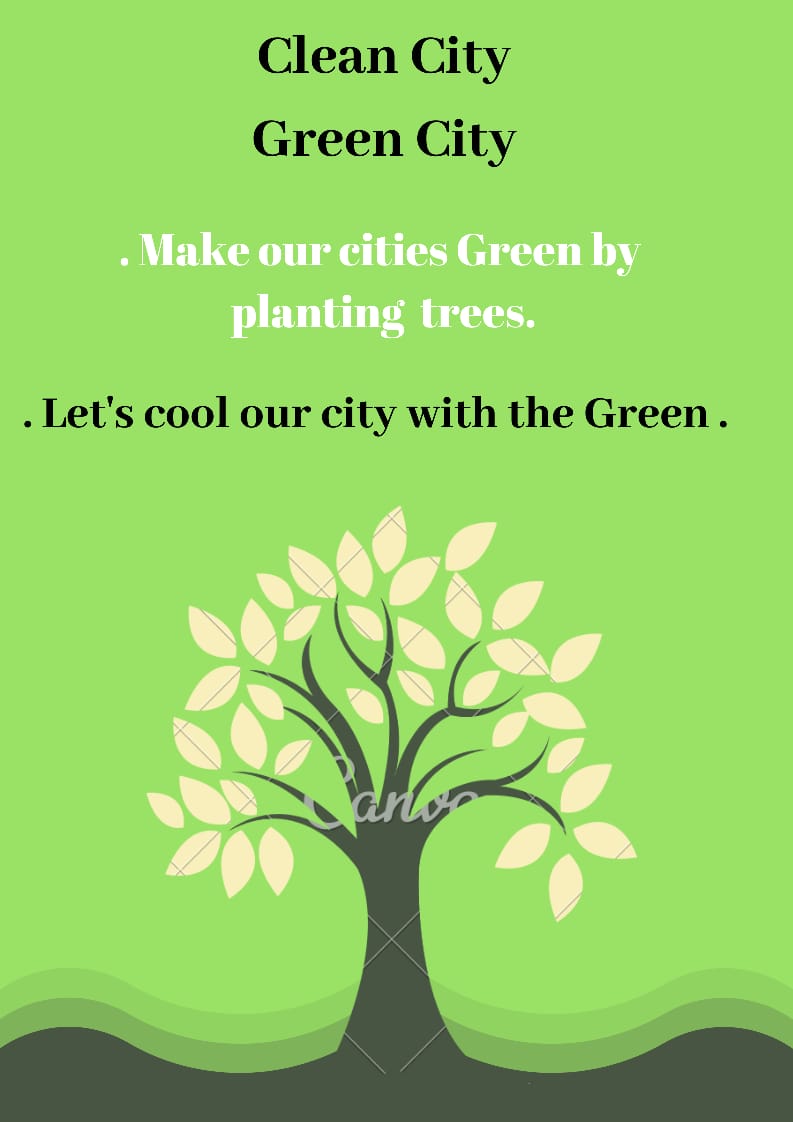We want to use a calculation to evaluate how many trees are necessary to make a city like Zürich CO2 neutral.
- What kind of trees convert the most CO2 into oxygen?
- How long does it take a tree to convert the full amount of CO2?
- Costs of 1 Three?
- How much space does a tree need?
- Is the number of the trees possible to compensate the whole CO2 emission?
- Is the number of trees required realistic in relation to the amount of space in a city?
We will illustrate our results with a benefit analysis and will explain it in a report. à (Costs, amount of space required, Purchase price, service costs needed)
We will make a survey with random people, friends, and our classmates. à About the CO2 emission per person.
We plan an interview with a person from an organisation, which want to plant trees or to regulate the CO2 in the air over Zürich.
- How much money it will cost, to make a city climate neutral
- What are the main goals?
- When should the target be reached?
- What are the possibilities?

.jpeg) Soil is an important natural resource. Plants need soil to grow. Microscopic organisms such as bacteria, fungi, microscopic algae and protozoa live in the soil. Besides microorganisms, soil beetles, soil mites, earth worms, nematodes, centipedes, ants and termites also live in the soil. All these soil organisms break down dead remains of plants and animals into simple substances, making the soil fertile. We depend on soil to grow crops
Soil is an important natural resource. Plants need soil to grow. Microscopic organisms such as bacteria, fungi, microscopic algae and protozoa live in the soil. Besides microorganisms, soil beetles, soil mites, earth worms, nematodes, centipedes, ants and termites also live in the soil. All these soil organisms break down dead remains of plants and animals into simple substances, making the soil fertile. We depend on soil to grow crops
 Now days people are cutting trees built factories near
Now days people are cutting trees built factories near
the rivers. The animals inside water like fishes tortoises and other animals dying and also these water
drinked by peoples and animals. So we can prevent this by the below given steps
* Planting more trees as much as possible or a small front yard forest.
* Save water. Use a little water for every use and close tap after use.
* Do not throw plastic in environment plastic is unhealthy for peoples and animals.
* Do not throw wastes in a public environment especially food wastes.
* Do not throw plastics and other wastes in river, pond, oceans and etc
MIYAWAKI METHOD
Prof. Akira Miyawaki(92) a Japanese botanist and expert in plant ecology, specializing in seeds and study of natural forests. He is active worldwide as a specialist in the restoration on natural vegetation on degraded land. He worked as a professor in Yokohoma National University Japan. The miyawaki method means planting trees as close to the other tree so the trees will competition for sunlight. This method is known as miyawaki method
The term 'Green City' refers to a city of greenery - that of trees, plants etc. While the term 'Clean City' refers to a city that is free from pollution and environmental degradation. Both these term are relative in nature. A city that has many trees planted all over will be free from environmental problems as trees help to purify the air and maintain the cycle of nature.
A Green City improves the environment, ensures rich biodiversity, reduce air pollution, ensure water storage and help cooling down in warm periods. Green is also essential for a climate-proof and sustainable environment.


Planting more trees, contribute to global reforestation efforts, restoring lost forests, repairing damaged ecosystem and mitigating climate changes
Why I think it is important because; By reducing water pollution we can prevent the death of marine plants and animals. This is because pollutants may prevent air from getting into the water or the water could be too toxic thus causing death. Water pollution also causes human diseases.When human being's intake contaminated water, they may end up getting various water borne diseases.
SAVE EVERY DROP OF WATER.

Recently the buzz about disposable products has been high and with our current situation where resources are on a all time low, its time that we start discussing the impact of our actions.
Disposable products are usually used once or twice and are thrown away (often they are not recycled). In the case of plastic, we are aware that it is non-biodegradable in nature and yet we continue to use them. Plastic bags choke the wildlife and refuse to break down in oceans or landfills. They aren’t easy to recycle and make environment pretty messed up.
Every year, almost 1 trillion tons of plastic is used all around the world in forms of disposable products. After the issues surrounding this had come to light, many countries had taken action by either limiting its use or completing banning it.
Through this project I would like research on:
- alternate options
- advantages and disadvantages of both limiting it or banning it
- which one will work in the long run

“Every drop of water is precious
If we don’t save water now there will be no water in future
There are many ways of conserving water
1. Take a Shower of 5 Minutes or Less
2. Install a Water-saving Toilet Flush System
3. Turn Off the Tap While Brushing Your Teeth & Washing Your Hands
4. Don’t Keep The Tap Running While Washing Clothes/Utensils
5. Close Taps Properly and Fix Leaking Taps, Pipes & Toilets
We can also conserve water by the process of Aquaponics

In this method, the aquarium water which contain ammonia is sent to the plant bed and the plant can utilize the nutrients. After utilizing the nutrients the plant gives out purified water to aquarium.This acts like a cycle. This process is known as Aquaponics.
Thank you.....